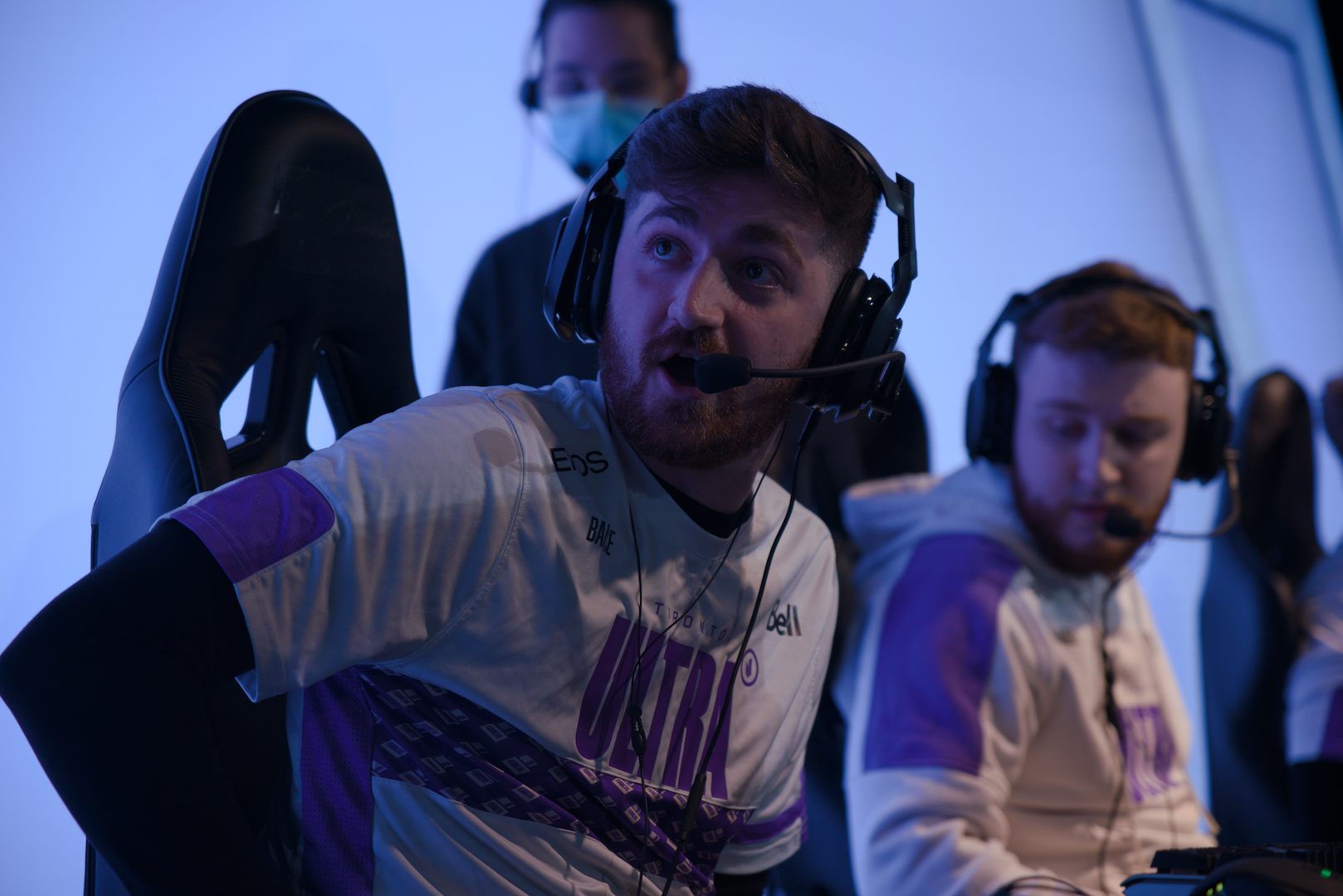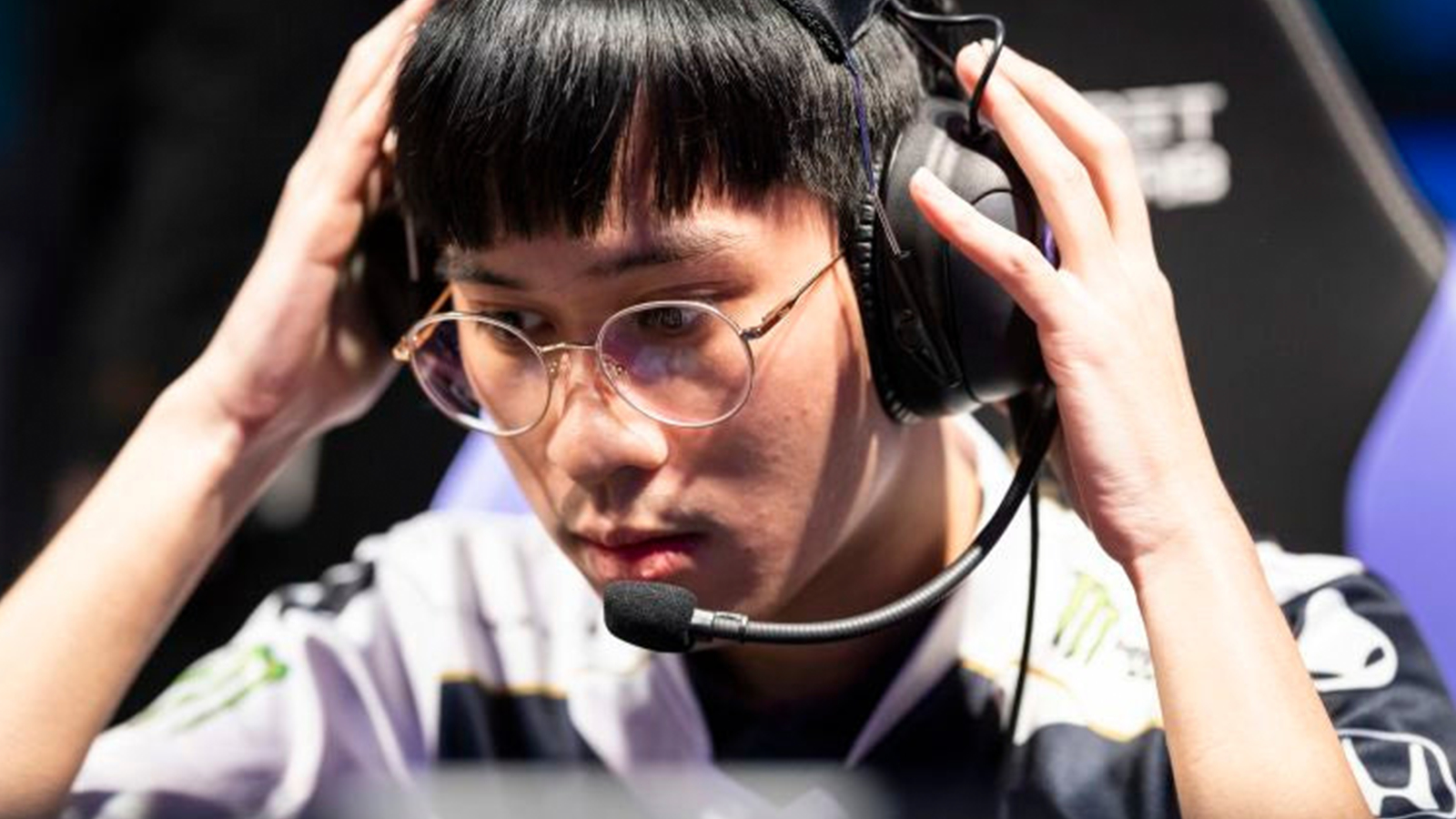- FGC
Capcom provides update on new Street Fighter V Community License following backlash
The grassroots community was not having Capcom’s bold Community License Agreement.
Yesterday, Capcom released a new “Community License Agreement” for tournament organizers planning to run events that include Street Fighter V: Champion Edition in their lineups. And, after some substantial backlash from the community, Capcom has provided an update to clarify why this agreement was created.
In the agreement, Capcom is essentially forcing TOs of all sizes to obtain a license to host the game, would limit event prize pools and revenue from sponsors, keep TOs from charing spectator fees, and much more.
— Capcom Fighters (@CapcomFighters) March 1, 2022
This would even give Capcom the “non-exclusive, irrevocable, royalty-free license” rights to use and distribute any and all stream footage, photos, or videos from events. And, without the agreement, Capcom warns TOs to “NOT USE THE STREET FIGHTER V SERIES (THE “GAME”) FOR ORGANIZING OR HOSTING A TOURNAMENT.”
It’s bold of Capcom to assume that the TO is in a position to transfer rights of my work in the first place. But bolder still to then claim vast blanket rights to that work themselves.
— Robert Paul (@tempusrob) March 1, 2022
Obviously, the largely grassroots fighting game community (FGC) was not pleased with many elements of this agreement and vocally let Capcom know that, prompting a response from the company.
According to Capcom, this was an effort from the company to make tournament approval processes faster, build tighter relations with TOs, and encourage safe spaces to play SFV through enforcing a uniform code of conduct. However, the former doesn’t really line up with many of the intricate details, including limitations for community revenue and other classification problems.
The one thing to learn about this is that every esports scene is different. What they wrote up yesterday is similar to other esports, but the FGC just isn’t the same beast. It’s bred off the backs of grassroots, and grassroots will always be the FGC’s most powerful weapon. https://t.co/9br8sQetyF
— James Chen (@jchensor) March 1, 2022
As digital entertainment attorney and active FGC figurehead David “UltraDavid” Graham said in a breakdown of the agreement, Capcom is within its rights to do this, but there are some serious issues, specifically in the “amount of money Capcom has designated as separating community events from esports events.”
As promised, I wrote an article explaining Capcom’s new licensing structure, what its community event license entails, what its esports event license could mean, why it may be doing this, and what I think about it. Let me know if you have any questions!https://t.co/RVf28XbdR3
— Just UltraDavid (@ultradavid) March 1, 2022
For reference, under this agreement, Capcom limits individual events to a prize pool smaller than $2,000 and sponsorship revenue less than $5,000, along with limiting TOs to total prize pools less than $10,000 sponsorship of revenue less than $20,000 over a 12-month-period. Essentially, unless the bigger TOs and even some popular smaller events get a license, they wouldn’t be able to operate.
For events under the “esports license,” no information is available, but it would likely involve multiple licensing fees and payments to Capcom for use of the game. These can vary in size, with UltraDavid noting that they aren’t always present but can also reach the six-figure range on occasion.
tired of watching scenes having to play so much neutral with companies that demand such staggering amounts of control over their IPs
how hard is it to help the communities that want to grow your audience?
better yet, how hard is it to NOT create hurdles for them?
figure it out https://t.co/y54rZt0ckx
— Lythero 🎮 (@Lythero) March 1, 2022
“If Capcom does require bigger events to pay licensing fees, my fervent hope is that it won’t price those fees high enough to cause issues for TOs,” UltraDavid said. “If they do, the most obvious out for TOs is to simply decide not to run SFV at their events, which would suck for the players who don’t get to play, the viewers who don’t get to watch, the TOs who don’t get the venue fees of players who would have attended for SFV, and even Capcom itself who will have shot itself in the foot and caused a wholly unnecessary rupture in the scene.”
He goes on to say what many in the FGC have echoed in regard to this announcement: TOs can likely survive without Street Fighter, but the Street Fighter scene likely couldn’t survive without the TOs.
Im glad they gonna fix this. It was pretty trash and if it rocked it would’ve limited so many people able to run SF6 since it’s obvious they are getting ready to use new rules for that game https://t.co/QToB2GiOVu
— Justin Wong (@JWonggg) March 1, 2022
In the update, Capcom thanked everyone that submitted feedback. The company is now in the process of reviewing it with the “wider Capcom team.”
Further updates will be provided soon, but it seems like the Street Fighter V backlash may have pushed them to rethink at least a portion of this approach.















